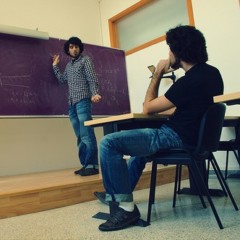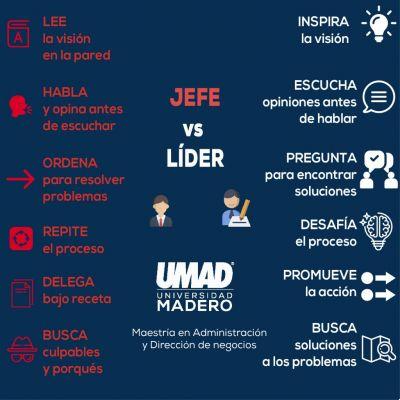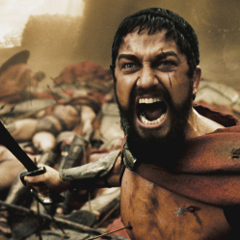To internalize the teachings of personal growth, it is not enough to put them into practice, but you must also know how to teach them.

Who knows does, who doesn't know teaches
That old saying, "he who knows does, he who does not know teaches", was born with a very specific message: be wary of those who give out free lessons, because the best lessons you will learn are those that you impart yourself.
Usually the point of view of the reader is exalted, of those who, developing a critical spirit, can be a master of themselves. On the other hand too whoever teaches has a sensitive return.
Although the recipient is not important, the presence of an audience helps to consider the commitments valid, appreciated, and releases a necessary self-criticism that can only improve one's work.
So that's why I started to deal personally with personal development, because I really needed to take hold of the ability to improve myself and get to use that ability. So I realized that the best way to learn how far we are “capable” and what we still have to learn is confront someone who is able to truly listen to you: who wants to learn.
The concept of quality
I decided to start my journey thinking about the concept of quality.
I read a book that I believe many have read, "Zen and the art of motorcycle maintenance", which inspired this reflection of mine.
The first impulse? Deny me, and then you will agree with me.
The reason why a attempt at self-analysis often manifests itself much more effectively in a post destined to be read by many people, rather than on the pages of one's personal diary, is that an externalization, in any form, is born in an attempt to be absolute.
When we express an opinion, before it explodes into reasoning, it represents an irrefutable axiom for us. Likewise an article, or any expression of ourselves, is born for define something immutable and is built not to be refutable.
The result is given by the attention to imperceptible details at a first reading, by perfectionism, by the fear of being caught in error by their recipients.
The "Attempt to Teach"Pushes us to an empathy that we would not normally have.
Simple communication stops to affirm something, theteaching goes further placing ourselves in the shoes of our readers (or the general public) with two effects, one immediate and the other posthumous, both extremely important:
- In the immediate future, we clarify and let's simplify our thinking, coming to untangle the most twisted knots, which prevent us from any improvement, but which are invisible to our eyes.
- After, with a success, the egocentrism of those who feel the need to express themselves at all costs is enhanced, so we get feedback in our work. Trust in one's own means is the basis of any project, and does not mean not admitting one's mistakes, but enhancing a contrast that can only produce new contents.
So that's why I wrote this post, to find, through my arguments aloud, the roads that lead me towards a complete personal improvement, hoping to meet sometimes with some of you passionate readers!


























